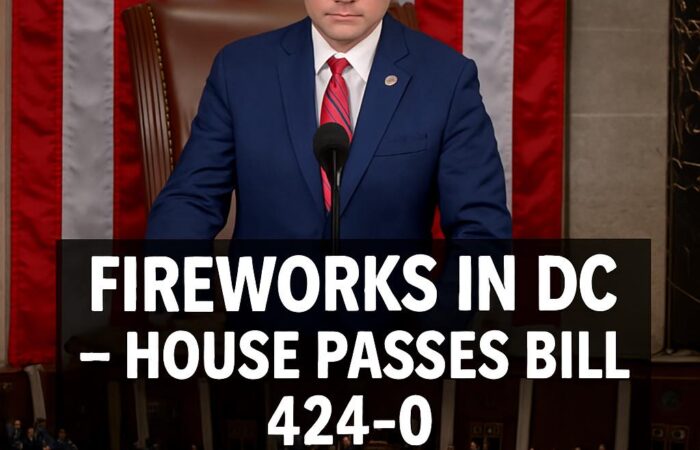In a refreshing display of unity, the House of Representatives voted unanimously on Wednesday to bring back a vital office that supports the families of America’s veterans.
The bill, known as the “Prioritizing Veterans’ Survivors Act” (H.R. 1228), passed with a 424-0 vote — a clear sign of bipartisan support for restoring the Office of Survivors Assistance (OSA). The legislation aims to place the OSA directly under the Secretary of Veterans Affairs once again, reinstating its crucial role as the leading voice for the families of fallen service members.
The office’s status had been downgraded in 2021, a move many felt weakened support for veteran families. This bill, led by Rep. Juan Ciscomani (R-Ariz.), ensures that survivors get the attention and advocacy they deserve. It now heads to the Senate for review.
Meanwhile, Doug Collins, former Georgia Congressman and current Secretary of Veterans Affairs, has voiced strong support for restoring trust and care within the VA. Collins also praised Elon Musk for his ideas on streamlining government efficiency — a vision he shares for his own department.
“My focus is on doing what’s best for our veterans and the dedicated teams who serve them,” Collins told NewsNation. “We’re bringing in new ideas, new energy, and above all, a renewed commitment to high-quality care.”
Collins also addressed public concerns about possible cuts to VA benefits, including rumors linked to former President Trump’s plans. He made it clear: veterans are the priority.
“We’re not cutting corners — we’re investing in better care,” Collins said in a recent video, noting that 300,000 essential positions are being preserved to ensure services remain strong. “Let’s deal in facts, not fear. If you want the truth, come to me — not the political noise on Capitol Hill.”
In an internal message obtained by Stars and Stripes, Collins also informed VA employees that some may be offered the option of voluntary retirement or resignation later this year, as part of a broader restructuring plan. Those who accept would remain fully paid and covered through the end of the fiscal year, on September 30.
